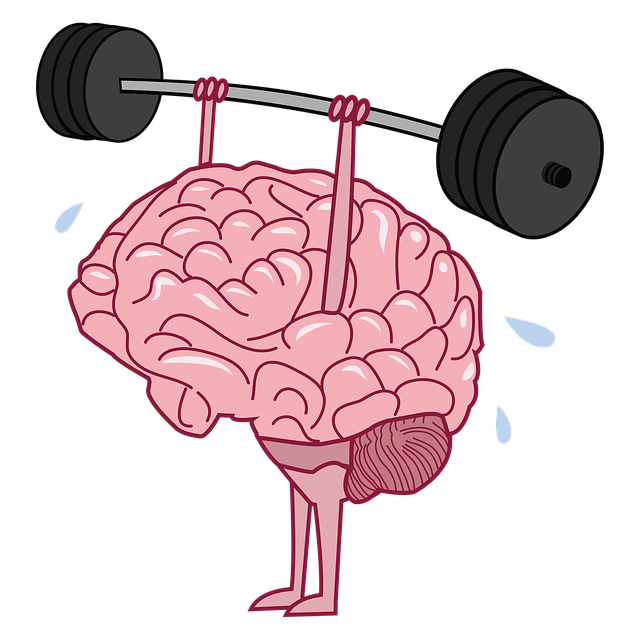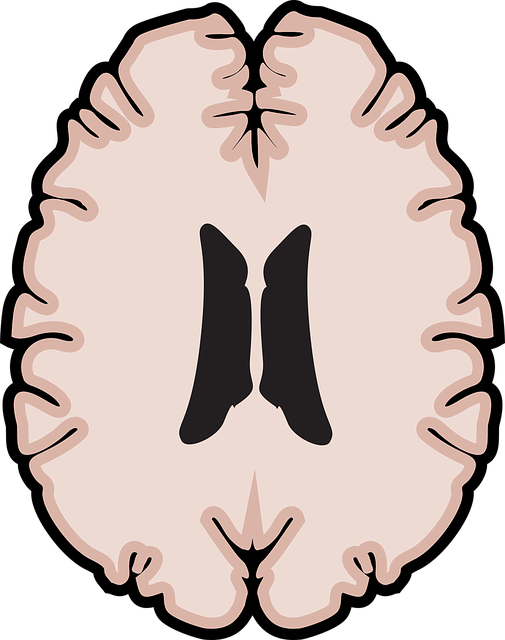Adult relationship issues deeply impact mental health, rooted in traumas or unhealthy patterns. Raising awareness through compelling narratives emphasizing therapy benefits is crucial, normalizing it as self-care. Effective messaging, coupled with engaging audiences and mental health professionals' guidance, can reduce stigma. Combining traditional media and digital platforms reaches diverse demographics, offering tailored therapy information. Measuring campaign impact through metrics like engagement and behavior shifts ensures long-term positive changes in societal wellness.
In today’s fast-paced world, public awareness campaigns play a pivotal role in addressing societal challenges. When it comes to adult relationship issues, therapy is not always the first point of contact. This article delves into the development of impactful campaigns that can change this narrative. We explore strategies to understand and communicate effectively with adults facing relationship troubles, focusing on building trust and leveraging traditional and digital media channels. By measuring campaign impact, we aim to foster long-term positive changes in seeking therapy for adult relationship issues.
- Understanding Adult Relationship Issues: The Need for Awareness
- Crafting Effective Messaging: Strategies for Campaign Success
- Engaging the Target Audience: Making Connections and Building Trust
- Channelizing Communication: Traditional & Digital Media Approaches
- Measuring Impact: Evaluating and Iterating for Long-Term Change
Understanding Adult Relationship Issues: The Need for Awareness

Many adults carry unaddressed relationship issues that can significantly impact their mental health and overall well-being. These challenges often stem from complex dynamics, such as past traumas, communication barriers, or unhealthy patterns learned early in life. Raising awareness about adult relationship issues is crucial to encouraging individuals to seek help and develop inner strength.
By promoting understanding around these topics, we can foster a culture that normalizes the need for therapy for adults with relationship issues. This shift in perception will enable people to view seeking support as an act of self-care and emotional regulation, aligning with broader mental health policy analysis and advocacy efforts.
Crafting Effective Messaging: Strategies for Campaign Success

Crafting compelling messaging is a cornerstone of successful public awareness campaigns. To resonate with audiences and drive action, campaign organizers must translate complex issues into clear, engaging narratives. This involves identifying the core message that addresses the target audience’s needs and concerns. For instance, when addressing relationship issues in adults, framing messages around the benefits of therapy can be powerful, emphasizing improved communication, enhanced emotional well-being, and stronger connections.
Integrating positive thinking principles into campaign materials can further amplify impact. Encouraging individuals to cultivate optimism and resilience is a valuable strategy for burnout prevention among healthcare providers who often face high-stress environments. This approach aligns with broader mental illness stigma reduction efforts, fostering a more compassionate society where seeking therapy is normalized and viewed as a proactive step towards personal growth and healing.
Engaging the Target Audience: Making Connections and Building Trust

Engaging the target audience is a pivotal aspect of successful public awareness campaigns, especially when addressing sensitive topics like adult relationship issues and mental health. To connect effectively, campaign creators must understand their audience’s demographics, cultural nuances, and unique challenges. This involves extensive research and often requires collaborating with community leaders or organizations that have established trust within these groups. By fostering genuine connections, the campaign can build a sense of familiarity and comfort, encouraging open dialogue about therapy for adults dealing with relationship issues.
Trust is a cornerstone in this process. Mental health professionals play a crucial role in developing campaigns that prioritize ethical considerations and risk management planning. Implementing crisis intervention guidance and resilience-building strategies can help individuals feel supported and less hesitant to seek help. Ultimately, these efforts contribute to creating an environment where adults experiencing relationship difficulties are more willing to access the resources available, including therapy, thereby enhancing overall mental health outcomes.
Channelizing Communication: Traditional & Digital Media Approaches

In today’s digital era, channelizing communication through both traditional and digital media offers a powerful platform for raising public awareness about therapy for adults with relationship issues. While television and radio ads, along with print media like newspapers and magazines, continue to reach broad audiences, digital channels provide more targeted options. Social media platforms allow for direct engagement with specific demographics, facilitating conversations around mental health awareness and self-care routine development for better mental health. By leveraging these diverse approaches, public awareness campaigns can effectively manage stress and promote understanding of therapy’s benefits.
Integrating digital strategies, such as online ads and content marketing, enables precise targeting based on age, location, and interests. This precision fosters a more nuanced understanding of relationship issues and the available therapeutic solutions, including various forms of counseling and psychotherapy. Moreover, interactive elements like webinars and virtual workshops can enhance engagement, encouraging participants to prioritize their mental well-being through stress management techniques and an increased focus on mental health awareness.
Measuring Impact: Evaluating and Iterating for Long-Term Change

Measuring the impact of public awareness campaigns is crucial for fostering long-term change. It involves evaluating how effectively the campaign raises awareness, influences behavior, and addresses specific issues like relationship problems or stress reduction methods. By collecting data on key metrics such as reach, engagement, and changes in attitudes or behaviors, organizations can identify what’s working and what needs improvement. This iterative process allows for continuous refinement of campaigns, ensuring they remain relevant and impactful over time.
For instance, a campaign focused on promoting mindfulness meditation as a therapy for adults dealing with relationship issues could measure success by tracking the number of individuals who adopt self-care practices after the campaign. Positive outcomes might include increased participation in community meditation sessions, greater interest in seeking professional help, or even reduced instances of relationship crises due to improved emotional well-being. Such evaluations are essential not only for improving current campaigns but also for informing future initiatives, ultimately enhancing societal wellness and resilience.
Public awareness campaigns play a pivotal role in addressing societal challenges, particularly when it comes to understanding and resolving adult relationship issues. By employing strategic messaging, engaging target audiences through diverse communication channels, and measuring impact effectively, we can foster meaningful change. Recognizing the importance of therapy for adults with relationship issues is a crucial step towards creating healthier communities. Through continuous evaluation and adaptation, these campaigns can inspire lasting positive transformations in people’s lives.









